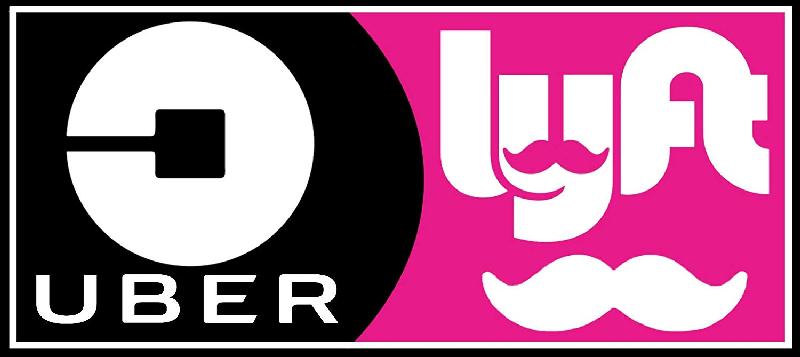
*Researchers at George Washington University have published a study on the social bias found in the algorithms that ride-sharing companies such as Uber and Lyft use to price fares.
The study shows that fares were higher for drop-offs in areas predominantly non-White.
The authors, assistant professor of computer science Aylin Caliskan and graduate teaching assistant Akshat Pandey, analyzed a ride share data sample from Chicago, choosing the city due to its fare disclosure law for ride-sharing companies.
Here’s more from Complex:
The research boasts a data set of more than 100 million trips taken in Chicago between November 2018 and December 2019. Of those trips, 68 million consisted of individual riders.
The study authors explain that while “demand and speed” have the highest correlation with ride fares, their analysis shows multiple potential examples of varying forms of “social bias” when riders are picked up or dropped off in certain neighborhoods. For example, riders—per the study authors—”may be facing social bias if picked up in a neighborhood with a low percentage of houses priced less than the median house price of Chicago, or dropped off in a neighborhood with a low percentage of white people.”
OTHER NEWS YOU MIGHT HAVE MISSED: Pissed Off Shopper Goes At Ex-cop (J. Alexander Kueng) in George Floyd Murder / WATCH
Starting this year, we’re making Juneteenth an official holiday at Lyft. It’s one step in our ongoing journey toward racial equality at Lyft, and in this country.
So, what’s Juneteenth? ⬇️ pic.twitter.com/DZjLbD8RBR
— Lyft (@lyft) June 13, 2020
“Basically, if you’re going to a neighborhood where there’s a large African-American population, you’re going to pay a higher fare price for your ride,” said Caliskan in an interview with New Scientist.
“Our findings imply that using dynamic pricing can lead to biases based on the demographics of neighborhoods where ride-hailing is most popular,” Caliskan and Pandey said. “If neighborhoods with more young people use ride-hailing applications more, getting picked up or dropped off in those neighborhoods will cost more, as in our findings for the city of Chicago.”
We stand with the Black community.
We stand with those peacefully protesting injustice, hatred and racism.
We stand in support of orgs like @eji_org and @policingequity working to make America more just for all. https://t.co/ItYMeAwoSi— Uber (@Uber) May 31, 2020
“When machine learning is applied to social data, the algorithms learn the statistical regularities of the historical injustices and social biases embedded in these data sets,” Caliskan and Pandey said in the interview.
Uber and Lyft responded to the study, both denouncing discrimination on its platform through algorithms.
“We commend studies that try to better understand the impact of dynamic pricing so as to better serve communities more equitably,” an Uber spokesperson told VentureBeat. “It’s important not to equate correlation for causation, and there may be a number of relevant factors that weren’t taken into account for this analysis, such as correlations with land-use/neighborhood patterns, trip purposes, time of day, and other effects. We look forward to seeing the final results.”
Lyft provided this statement: “We recognize that systemic biases are deeply rooted in society, and appreciate studies like this that look to understand where technology can unintentionally discriminate. There are many factors that go into pricing — time of day, trip purposes, and more — and it doesn’t appear that this study takes these into account. We are eager to review the full results when they are published to help us continue to prioritize equity in our technology.”
We Publish News 24/7. Don’t Miss A Story. Click HERE to SUBSCRIBE to Our Newsletter Now!





